Women’s reproductive health is shaped by a delicate balance of hormones, lifestyle, and environment — but nutrition plays one of the most powerful roles. What you eat doesn’t just fuel your body; it directly influences fertility, menstrual cycles, pregnancy, and even long-term hormonal health. Let’s explore how nutrients support women’s reproductive systems and what happens when the diet is lacking.
🩸 Nutrition and the Menstrual Cycle
The menstrual cycle relies heavily on hormonal balance, and nutrition affects hormone production at every stage.
- Iron & Blood Loss: Women lose iron during menstruation. A diet low in iron can lead to fatigue, dizziness, and irregular cycles. Foods like spinach, lentils, and lean red meat help replenish iron stores.
- Magnesium & PMS: Magnesium-rich foods (pumpkin seeds, dark chocolate, leafy greens) can ease cramps, reduce bloating, and improve mood.
- B Vitamins: Especially B6 and B12, support neurotransmitter balance and reduce PMS symptoms like irritability and anxiety.
🌱 Nutrition and Fertility
Fertility depends on healthy ovulation and good egg quality, both influenced by diet.
- Healthy Fats: Omega-3 fatty acids (from fish, walnuts, flaxseeds) regulate hormones and improve egg health. Trans fats, however, disrupt ovulation.
- Protein Balance: Plant-based proteins (beans, peas, nuts) improve fertility markers compared to high intakes of red or processed meat.
- Antioxidants: Vitamins C and E protect eggs and reproductive tissues from oxidative stress, which can affect conception chances.
🤰 Nutrition During Pregnancy
Once pregnant, nutrition becomes vital for both mother and baby.
- Folic Acid: Essential before and during pregnancy to prevent neural tube defects. Sources include leafy greens, legumes, and fortified grains.
- Calcium & Vitamin D: Crucial for fetal bone and teeth development, and for preventing maternal bone loss. Dairy, fortified plant milk, and sunlight exposure help.
- Protein & Iron: Needed for building fetal tissues and increasing blood volume. Pregnant women often require almost double the amount of iron.
🔄 Nutrition and Hormonal Balance
Hormones like estrogen, progesterone, and insulin are all influenced by diet.
- Fiber: Helps regulate estrogen levels by binding excess hormones in the digestive tract. Found in oats, chia seeds, and fruits.
- Low-Glycemic Foods: Whole grains and legumes stabilize blood sugar, reducing insulin spikes that can disrupt ovulation (especially important in PCOS).
- Phytoestrogens: Plant compounds in soy, flax, and sesame mimic estrogen gently, supporting balance during perimenopause.
⚖️ Nutrition and Conditions Like PCOS & Endometriosis
Certain reproductive disorders are strongly tied to diet.
- PCOS (Polycystic Ovary Syndrome): Women with PCOS benefit from a diet rich in fiber, lean protein, and low-GI carbs to reduce insulin resistance. Omega-3s may also reduce inflammation and improve ovulatory cycles.
- Endometriosis: Anti-inflammatory foods (berries, fatty fish, turmeric) help ease pain, while reducing processed foods and red meat may improve symptoms.
🥗 Long-Term Reproductive Health
Even beyond fertility years, nutrition protects women’s reproductive system.
- Calcium & Vitamin D prevent osteoporosis after menopause.
- Antioxidant-rich diets lower risks of ovarian and cervical cancers.
- Balanced nutrition supports energy, sexual health, and overall quality of life through every stage.
✅ Key Takeaways
- What you eat directly influences hormones, fertility, pregnancy, and long-term reproductive health.
- A nutrient-rich diet with whole foods, healthy fats, lean proteins, and plenty of fruits and vegetables is the best foundation.
- Women with conditions like PCOS or endometriosis should pay special attention to anti-inflammatory foods and blood-sugar balance.
Final Note
Every woman’s body is unique. While nutrition is powerful, it should work hand-in-hand with medical guidance, regular checkups, and lifestyle care.
ABOUT THE AUTHOR
Dr. Nora West is a highly skilled MBBS doctor with a special interest in women’s health and patient education. She is dedicated to providing compassionate care and believes in building strong doctor–patient relationships based on trust and understanding. Dr. Nora focuses on empowering her patients with the knowledge they need to make informed decisions about their health. She is particularly passionate about preventive medicine, nutrition, and lifestyle interventions that can significantly improve quality of life. Known for her warmth and professionalism, Dr. Nora combines evidence-based medicine with a personalized approach, ensuring every patient feels supported on their journey to better health.
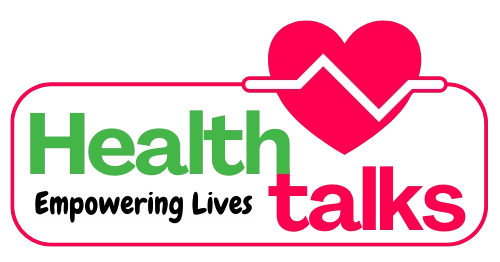
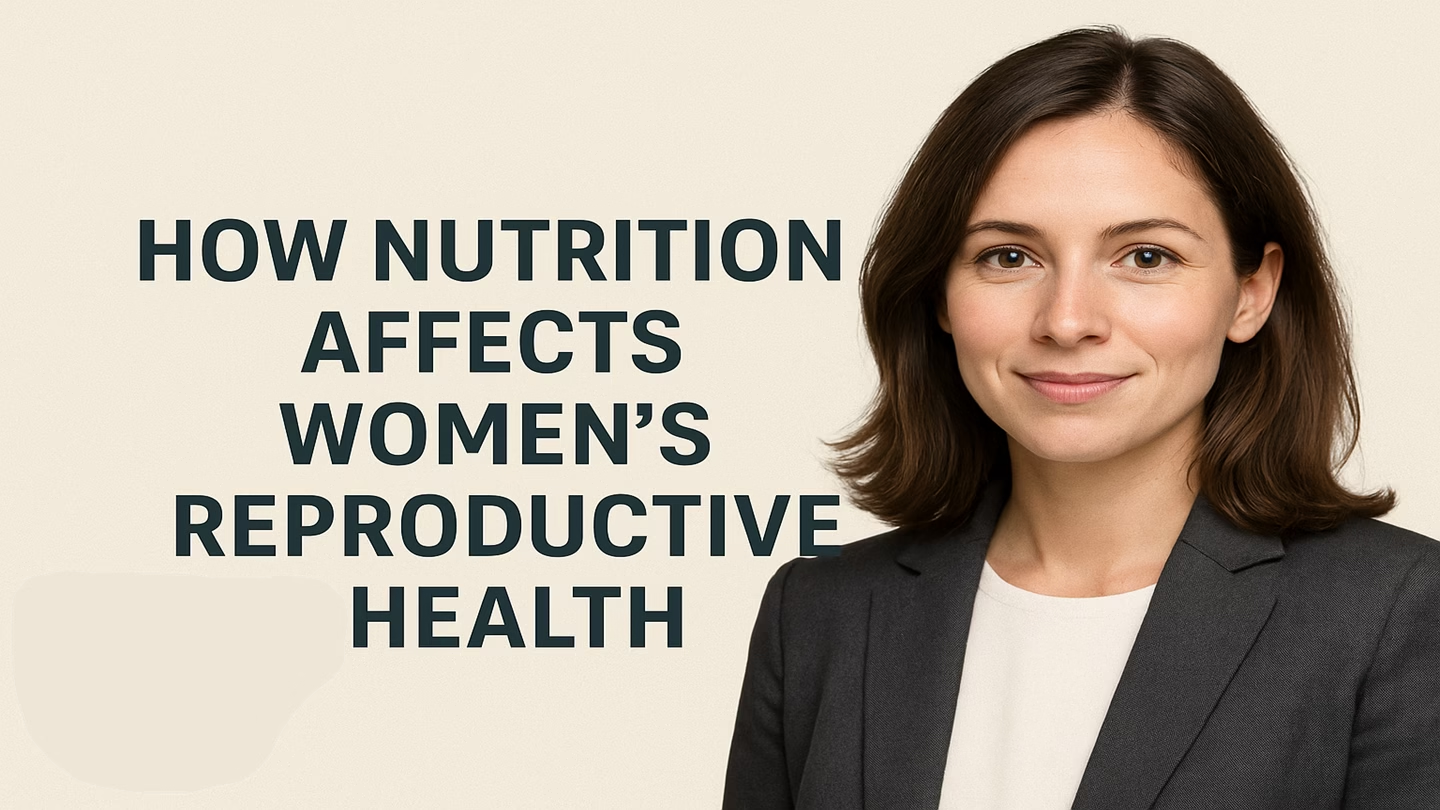



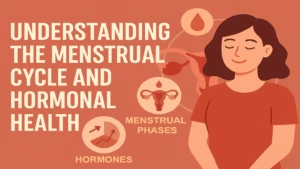
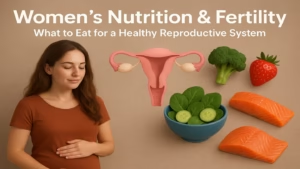
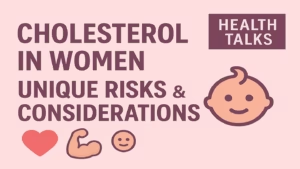
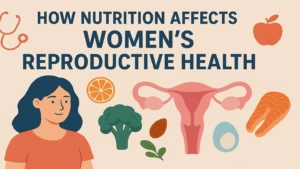
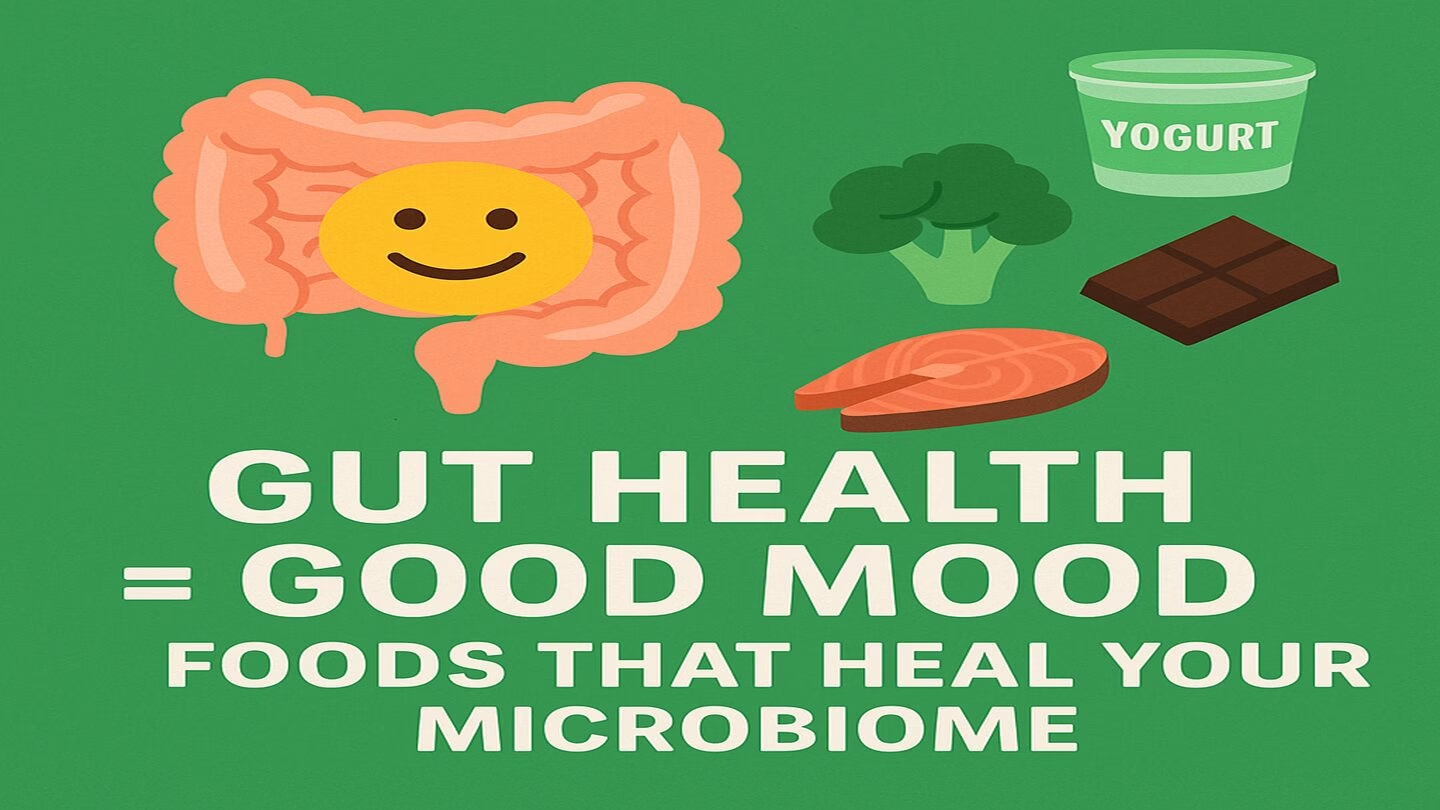
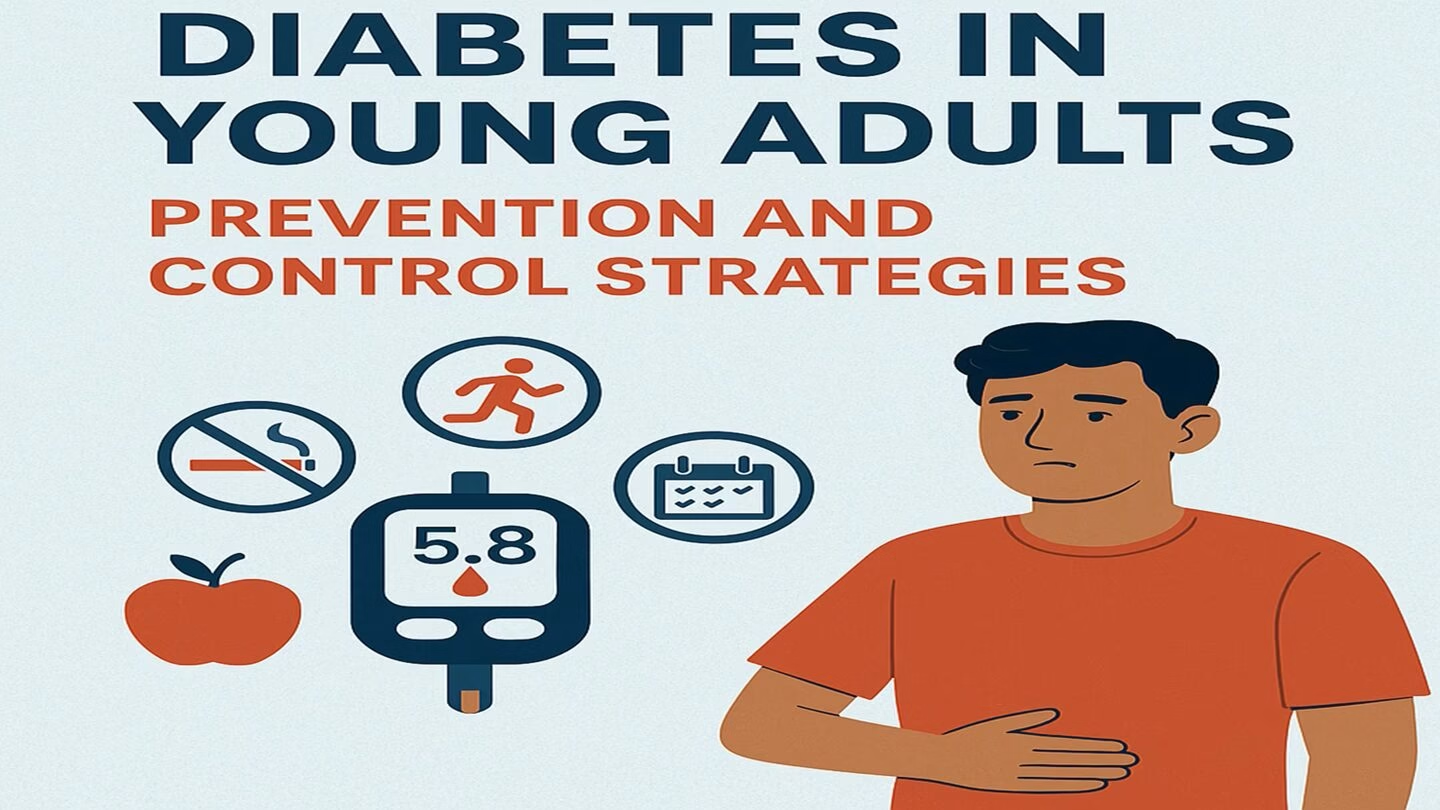


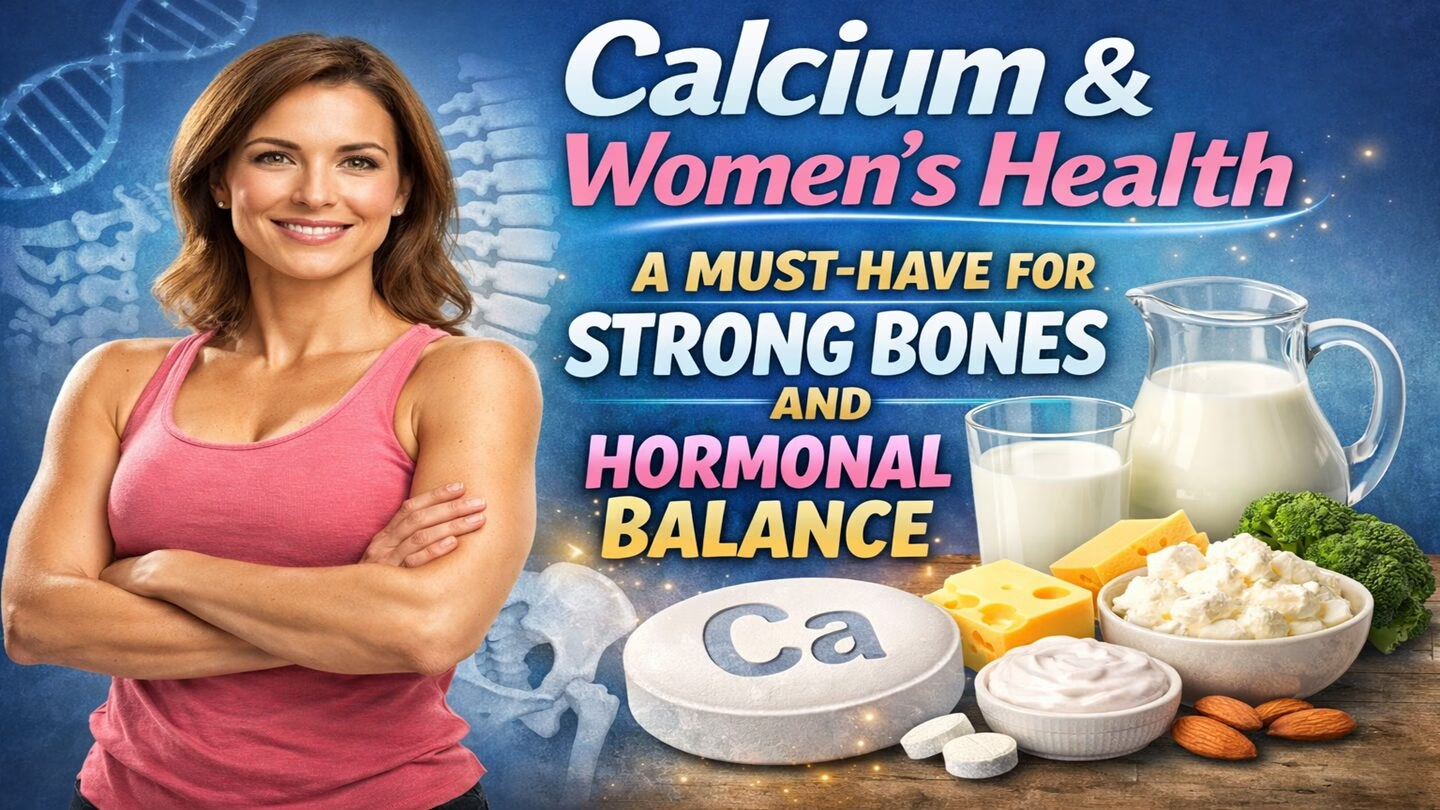
Add comment